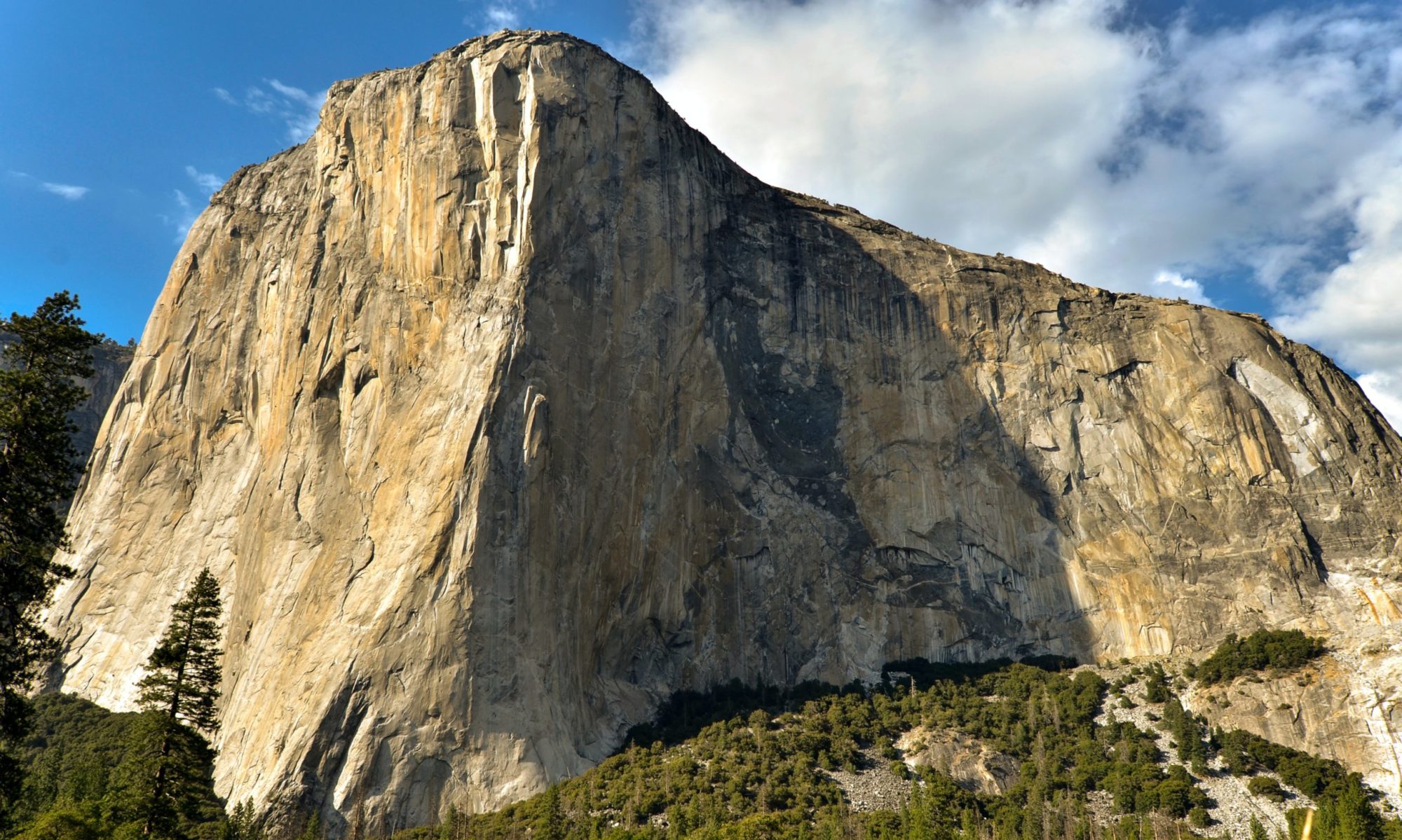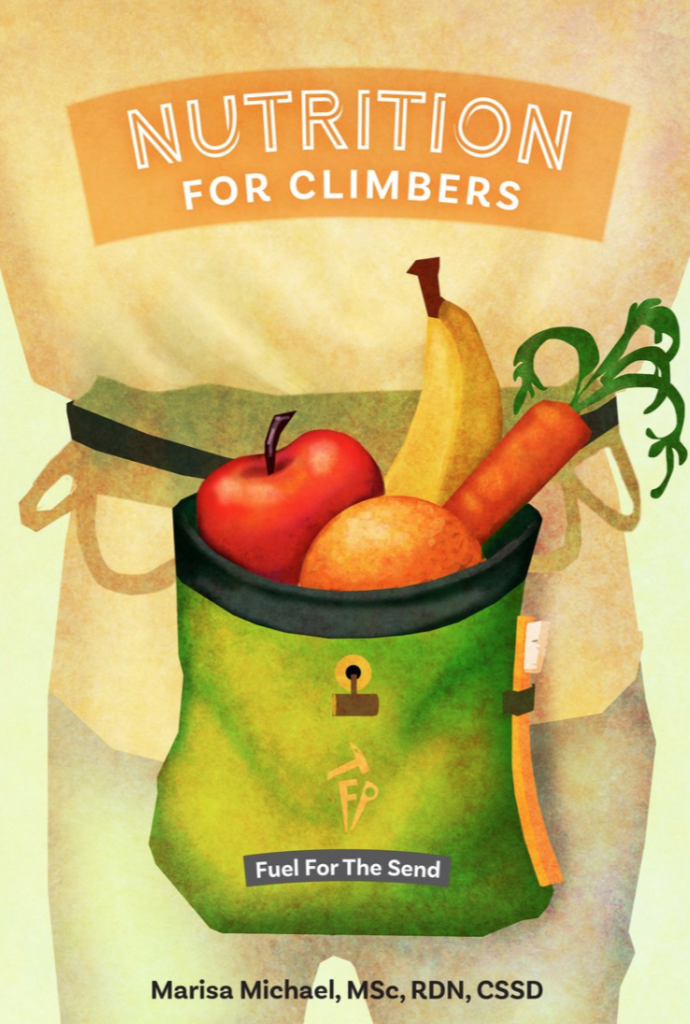Nutrition tips for competition and recovery: Adapt your nutrition strategy to match your climbing style. For example, if you spend more time in static holds, more sustained movement (rather than dynos and quick, intense movements), or more endurance-style climbing, fuel your body to match those needs.
A short climbing session may need just 30-60 grams of carbohydrate before the session. A longer session with more endurance climbing would benefit from eating protein along with the carbohydrates, as this is more slowly digested, giving you longer-lasting energy.
Those with spinal cord dysfunction may experience decreased muscle mass below the level of the lesion, and a reduced resting energy expenditure. This simply means you may need less calories overall on rest days.
Some athletes with spasticity or other movement disorders can actually have increased energy needs since the muscles are firing much more often. It’s often difficult to estimate energy needs and expenditure for para-athletes. If you need specialized help with fueling your climbing, seek out professional help from your doctor and dietitian.
Temperature Regulation: Difficulty regulating body temperature is common with neurologic impairment. The impairment can affect the ability to shiver or sweat in the affected body regions. In addition, certain medications used for some movement disorders can cause you to be more susceptible to overheating. Please ask your doctor about any side effects in temperature regulation.
In warm temperatures you need to ensure you are hydrating adequately. In general, about eight ounces of fluid per hour in normal climbing conditions is enough. You may need more if you are climbing in more extreme conditions, such as high altitude, heat, humidity, or extreme cold. Using cold, icy beverages in the heat can help lower your body temperature. Knowing your own personal sweat rate and bowel schedule can help you plan for a successful climbing session. When environmental temperatures are cool, try dressing in layers or using hot beverages to stay warm.
Skin: Climbers with adaptive equipment, such as a wheelchair or prosthesis, need to pay special attention to their skin health. Areas of skin that don’t have normal feeling are at increased risk of pressure and rubbing injuries. If repeated skin breakdown is an issue, work with your doctor, equipment provider, or a professional prosthesis/orthotist to ensure you get the right equipment and the right fit for your body.
Athletes need to eat and hydrate adequately to support skin health. If your skin is prone to breakdown and pressure sores, ask your doctor or dietitian about nutrition for skin healing and preventing skin breakdown. Some supplements, such as vitamin C and zinc, may be appropriate on a short-term basis.
Bone Health: Para climbers may be at risk for decreased bone density due to decreased ability to perform weigh-bearing exercises in some athletes. Adequate overall calories and protein are important, as well as calcium and vitamin D. Ask your doctor before taking any supplements.
Recommended daily intake of calcium:
- Children 9-18 years old need 1300mg daily
- Adults 19-70 years old need 1000mg daily
Recommended daily intake of vitamin D:
- Children 0-18 years old need 400-600IU
- Adults 19-70 years old need 600IU
Want to learn more? Get the book Nutrition for Climbers: Fuel for the Send!
~This is general information only and not medical advice. Always consult with your healthcare provider before undergoing any diet or lifestyle change.

